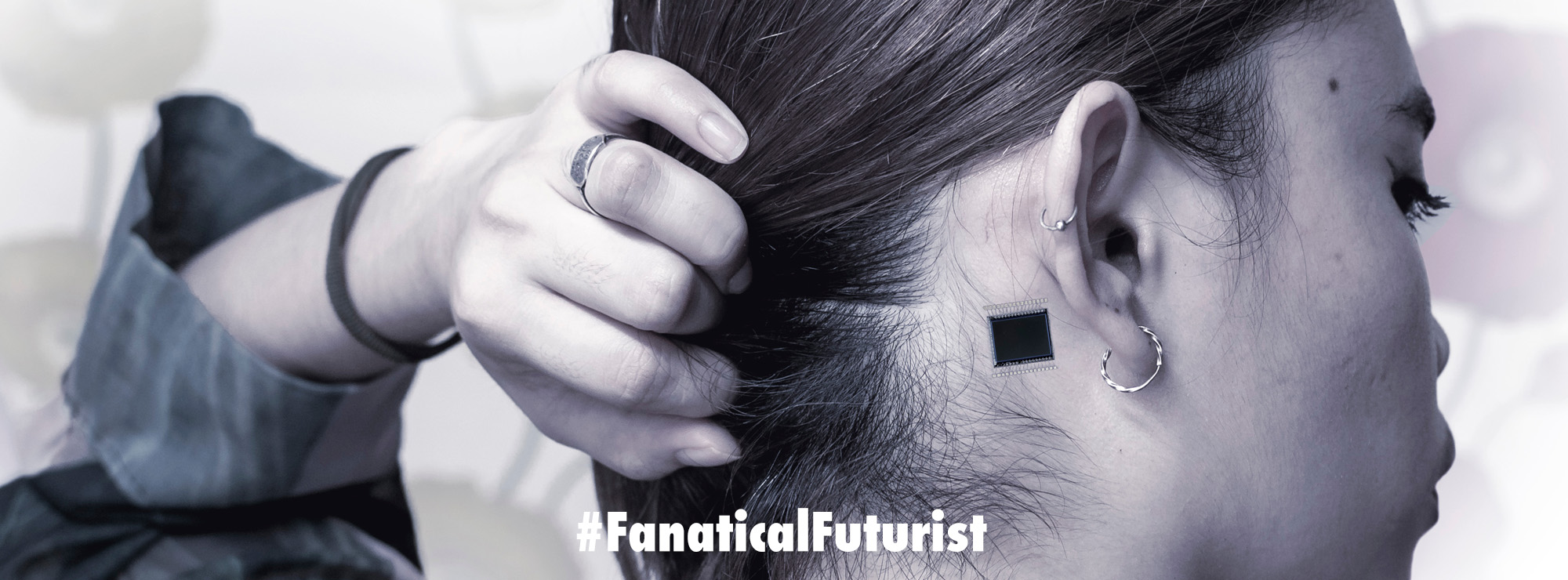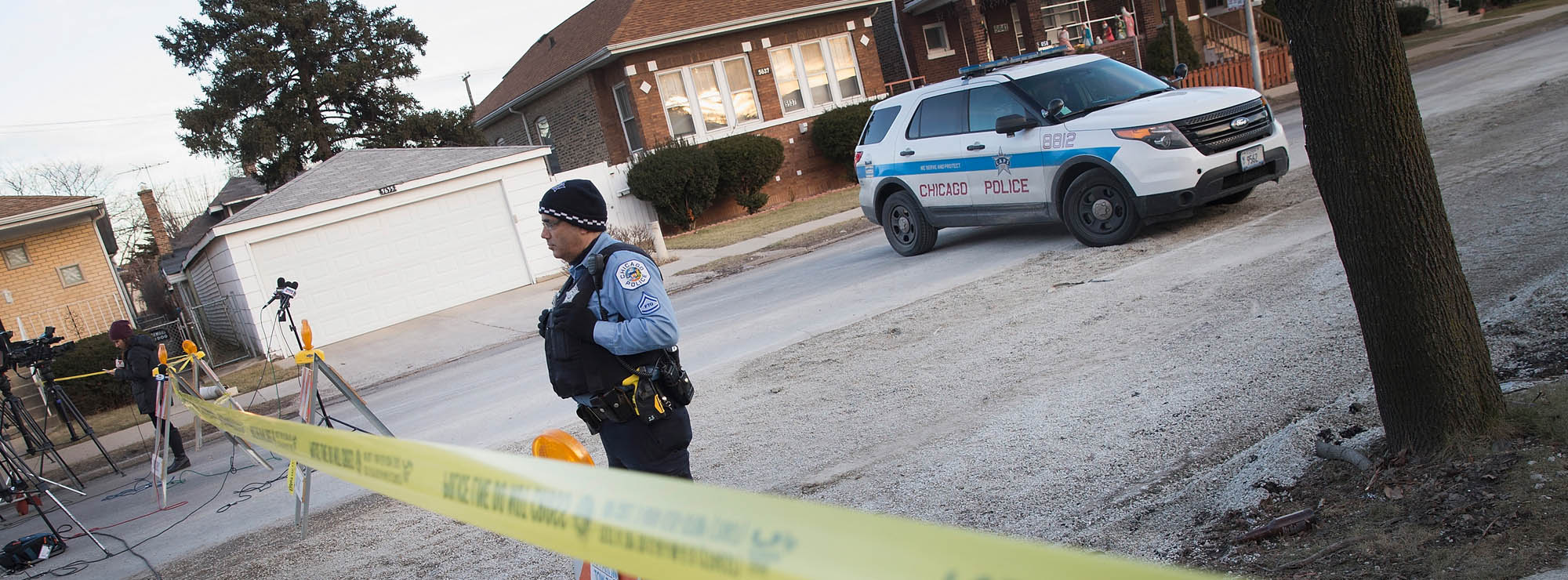
WHY THIS MATTERS IN BRIEF
You want to keep things private. So do the criminals. The government needs to catch the crims, so now French Police can extend their eyes and ears into your phones.
 Love the Exponential Future? Join our XPotential Community, future proof yourself with courses from XPotential University, read about exponential tech and trends, connect, watch a keynote, or browse my blog.
Love the Exponential Future? Join our XPotential Community, future proof yourself with courses from XPotential University, read about exponential tech and trends, connect, watch a keynote, or browse my blog.
In a controversial move, French lawmakers announced the passing of a provision granting police the authority to remotely activate cameras, microphones, and GPS systems of suspects, including phones, laptops, and cars, on Wednesday – Batman style.
The measure, part of a wider justice reform bill, has drawn criticism from both the left and advocates of civil liberties, who see it as an encroachment on privacy and an expansion of state surveillance. The provision allows for the remote activation of devices to record audio and images of individuals suspected of terrorism, delinquency, and organized crime.
Furthermore, it also permits geolocation tracking of suspects involved in crimes carrying a minimum sentence of five years imprisonment, prompting digital rights groups and civil liberty advocates to raise serious concerns.
La Quadrature du Net, a prominent digital rights organization, voiced its concerns about this provision infringing on the “right to security, right to a private life and to private correspondence“ and “the right to come and go freely” in a statement.
Although Justice Minister Éric Dupond-Moretti insists that the new provision would only affect “dozens of cases a year,” the introduction of this provision is being viewed as an authoritarian snoopers’ charter, Le Monde reported.
To address the concerns surrounding the measure, MPs in President Emmanuel Macron’s camp inserted an amendment during the parliamentary debate on Wednesday. The amendment limits the use of remote spying to cases “justified by the nature and seriousness of the crime” and imposes a strict duration proportional to the offense.
The provision can only be used with judicial approval, and the total duration of surveillance is capped at six months. Additionally, certain professions, including doctors, journalists, lawyers, judges, and members of parliament, are exempt from being targeted.
Critics of the spying provision argue that it represents a dangerous step towards a surveillance state. They warn that such measures, combined with other legislation and practices, may erode citizens’ privacy and civil liberties.
The comparison to George Orwell’s dystopian novel, “1984,” has been raised, though Justice Minister Éric Dupond-Moretti dismissed it, stating that the law would instead, save lives.
Nevertheless, concerns that this provision forms part of a broader trend of increasing state control and surveillance persist, which could have far-reaching consequences for individual freedoms.
The approval of the controversial spying provision in France has ignited a heated debate about privacy, civil liberties, and the role of the state in surveillance. While proponents argue that it is necessary for public safety and the fight against terrorism and organized crime, critics fear the encroachment on fundamental rights and the establishment of a surveillance state.
Broader implications of such measures in the context of growing state surveillance warrant ongoing scrutiny and public discourse.
It remains a fact, however, that the provision was debated in the parliament before being voted through by Assemblée Nationale members.















